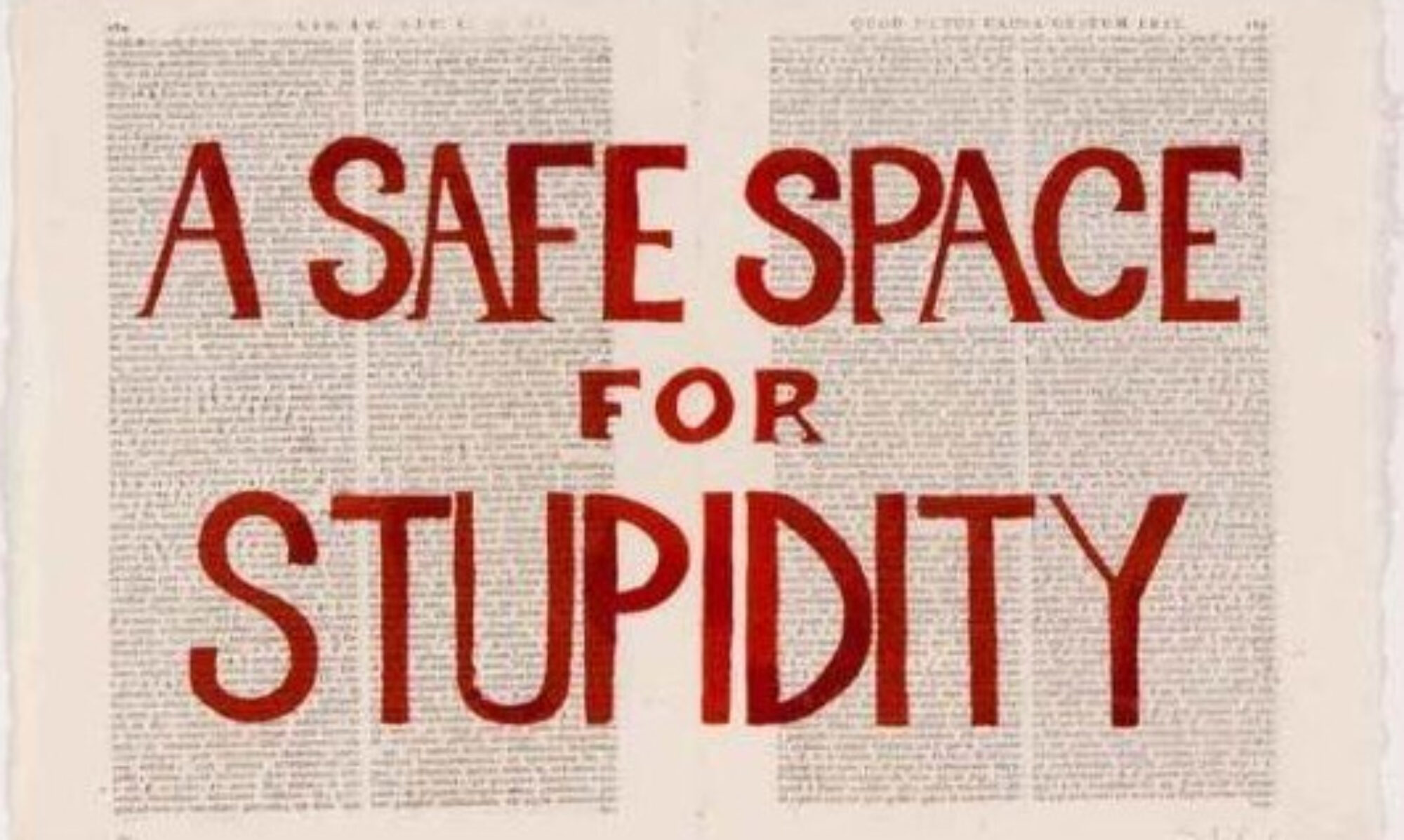The final session began with reports back from the workshop session, followed by talks from John Holmwood, Tom Hickey and Martin McQuillan.
John Holmwood talked about the trajectory of higher education from the Robbins (`social democratic’) to the Browne (`neo-liberal’) report, describing the changes in policy. He rejected the claim that there is a need for cuts in education spending, mentioning the Aubyn report showing that UK higher education is the best value for money in the world, and the Wolf [?] report on aspiration to university.
Tom Hickey discussed the UCU response to the current situation and asked what connection there is between trade-unionism and the vision of a university. Like John Holmwood, he noted that the public strongly supports access to education. On the subject of organization, he pointed out that autonomy is dangerous in a system of privatized universities, and that UCU is the only organization distributed throughout the sector. He proposed that UCU put forward a vision for universities, defending self-managed scholarly activity.
Martin McQuillan took his topic from Tamson Pietsch’s idea of the enclosure of the epistemological commons. He gave an account of the forms of management of English universities such as companies limited by guarantee (which can be taken over). Other models are available, such as the University of California system, or private universities backed by private equity, as in continental Europe. He gave two examples of dangers for university education: `open access’ which is put forward as giving the public access to taxpayer-funded research, but will mainly benefit those (business) who previously paid for data; and MOOCs, which as well as being criticized for their pedagogy, but which are also run by private bodies which want to monetize lectures. The ideological drive is to justify private profit as a public good.
